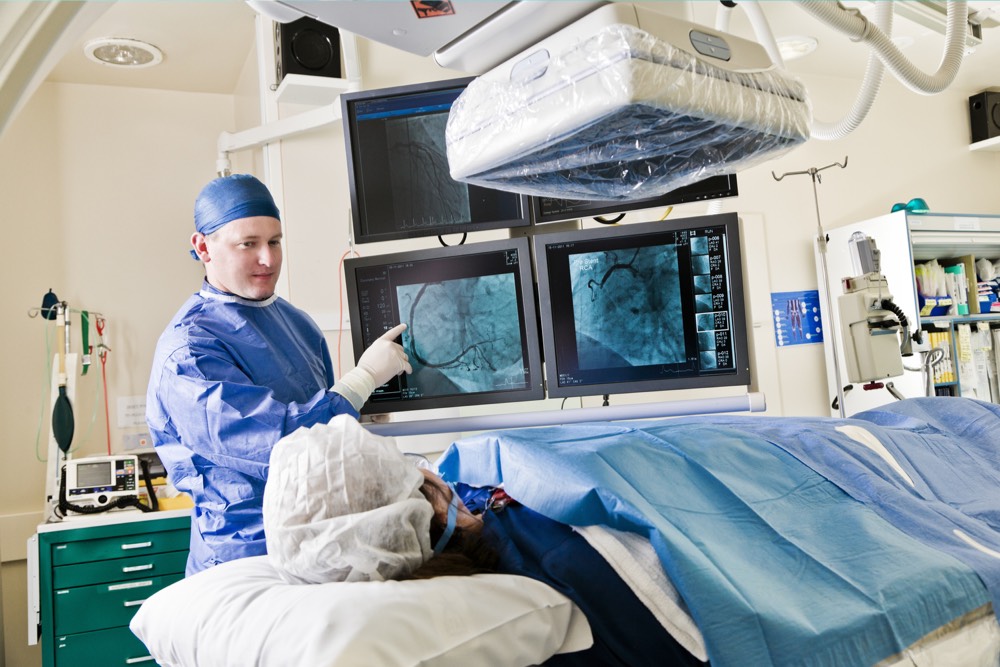
Risks and Side Effects of Cancer Surgeries
As with any other treatment, cancer surgeries too have risks and side effects. The side effects can differ from patient to patient as human bodies react in different ways to medications and treatments. The main side effects of cancer treatments depend on the kind of surgery. A minor surgery will usually have fewer risks involved. The more complex the surgery is, the greater is the risk of side effects. Side effects are possible during and after surgery.
Some of the risks and side effects of cancer surgeries are:
- Pain
Pain is the most common and one of the main side effects of cancer treatments. The amount of pain depends on which body part has been operated on, the size of the incision, and the tissues removed. As the wound heals, the pain starts to subside. - Fatigue
Fatigue is another common side effect of cancer surgeries. Many patients complain of fatigue and weakness caused by the anesthesia, loss of appetite, the overall health of a person, and the stress of the surgery. In most cases, fatigue goes away after 2 to 4 weeks. - Swelling
Swelling is normal and a natural after effect of cancer surgery and it is the body’s natural response to the incision. The swelling subsides as the healing occurs. - Bruising
After any surgical incision, some blood may leak from small blood vessels under the skin. This can cause bruising, which is a common occurrence after surgery. Bruising fades as the incision heals. - Numbness
As the nerves in the skin are cut in the surgery, patients experience numbness around the incision, which is the most common and one of the main side effects of cancer treatments. - Infection
An infection may occur around the incision or elsewhere in the body. Signs of infections can be redness, warmth, more pain, and drainage from the wound. However, if one notices any of these signs, it is advisable to contact a doctor. - Lymphedema
Lymphedema is one of the main side effects of cancer treatments if a person’s lymph nodes are removed. Lymphatic fluid collects in the surrounding tissues and cannot drain back that causes swelling, which is known as lymphedema. - Organ dysfunction
Surgeries in areas such as the abdomen or chest may cause temporary problems in the surrounding organs known as organ dysfunction. These symptoms generally disappear once the body recovers. - Dietary concerns
Dietary concerns are the most common and one of the main side effects of cancer treatments. Loss of appetite, nausea, vomiting, reduction in the body’s ability to absorb nutrition, cramps or constipation, and difficulty chewing or swallowing food is common in patients. - Sexual and reproductive health
The risks and side effects of cancer surgeries also include infertility, change in sexual desires, vaginal pain or dryness, and inability to ejaculate. - Neutropenia
Neutropenia means a decrease in the number of white blood cells. Neutrophils, which are made in the bone marrow, fight infection. However, these decrease in numbers post cancer-related surgeries. This can lower one’s immunity. - Hair loss
Hair loss is the result of a lack of nutrition in the body. It is a common side effect of cancer surgeries.
Knowing about the risks and the main side effects of cancer treatments will help one manage their condition better.



